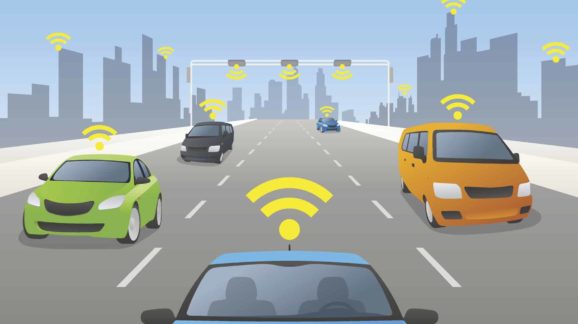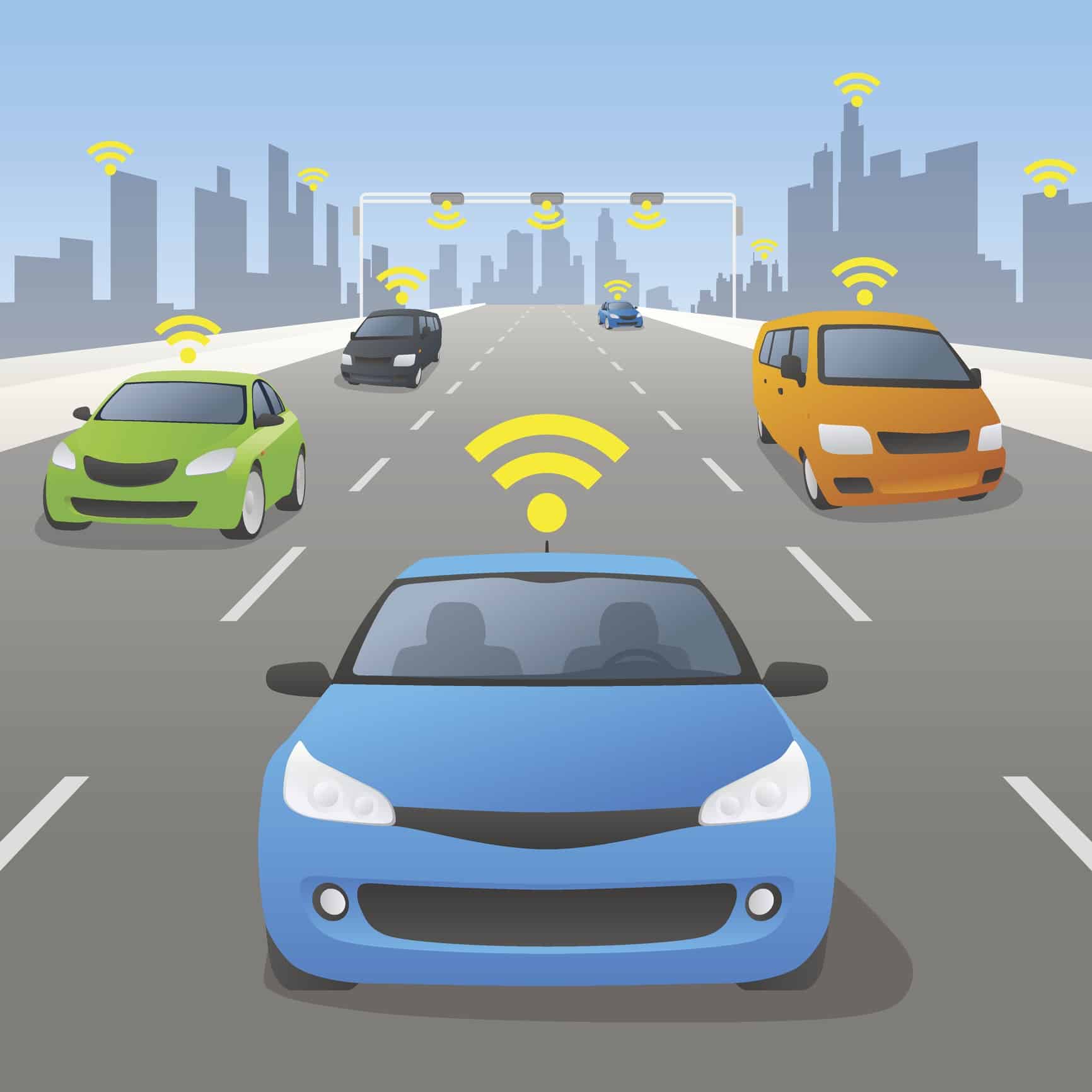House Energy & Commerce Committee Considers Self-Driving Vehicle Legislation

 Today, the House Energy and Commerce Committee will hold a markup on its SELF DRIVE Act. The bill does some important things that will help foster the development and deployment of vehicle automation systems in the U.S., including preempting the states on vehicle safety regulation and increasing the number of vehicles and length of Federal Motor Vehicle Safety Standard exemptions.
Today, the House Energy and Commerce Committee will hold a markup on its SELF DRIVE Act. The bill does some important things that will help foster the development and deployment of vehicle automation systems in the U.S., including preempting the states on vehicle safety regulation and increasing the number of vehicles and length of Federal Motor Vehicle Safety Standard exemptions.
The bill also contains provisions that will not necessarily promote vehicle automation system development, such as mandating the submission of a safety assessment letter to the National Highway Traffic Safety Administration, new requirements on cybersecurity and privacy planning, and an amendment to Monroney label requirements.
To be sure, none of these provisions will necessarily harm vehicle automation system development, and some were expected, but implementation of these provisions must be done carefully so as to provide clarity to developers and not disrupt the pace of innovation.
Importantly, this bill improves on the definition of “automated driving system” in a manner that likely ensures its constitutionality. In the earliest iteration of the draft bill, this definition was outsourced to SAE International, a private automotive and aerospace standards organization. This wasn’t inherently problematic, but the early draft definition codified any subsequent revisions of SAE Recommended Practice J3016—in essence, delegating legislative power to a private entity. This raised eyebrows because it would have likely resulted in litigation on the question of whether or not this violated the private nondelegation doctrine. In the latest definition, SAE International can still trigger an update decision, but the Secretary of Transportation may approve or disapprove of standards revisions. This reduces the likelihood of this legislation, if it becomes law, will be challenged on constitutional grounds.
While not perfect, the SELF DRIVE Act is important as it is the first comprehensive federal automated vehicle legislation to be introduced. Passage is far from assured, but it is good to know Congress is finally thinking about how to integrate automated vehicles into the national auto fleet.